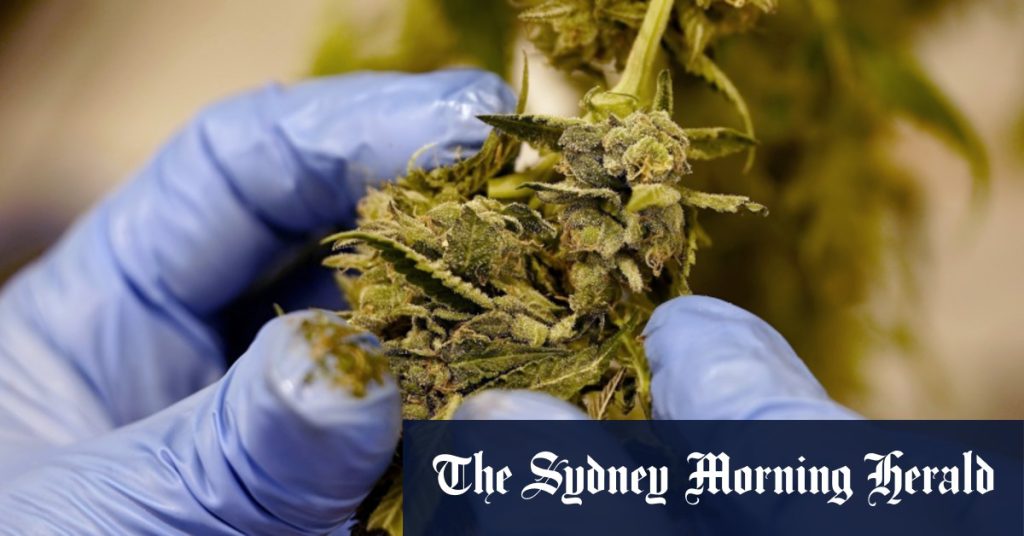The medicinal cannabis industry in Australia is facing scrutiny due to a major investigation revealing legally contentious practices and concerns about regulation, medical ethics, and consumer risks. With nearly 3000 approved providers nationwide and a surge in online companies prescribing and selling cannabis during the pandemic, there are concerns about the industry’s performance and acceptance as a legitimate medicine. The investigation focuses on Montu, the nation’s biggest medicinal cannabis company, which has become an industry leader by processing hundreds of thousands of scripts and doubling its share of the national market for legal supply of the drug. Despite claims of adherence to legal and regulatory requirements, questions remain about the naming and marketing of Montu’s products.
While there are legitimate reasons for legalizing cannabis for medicinal purposes, concerns remain about the lack of TGA approval for most medicinal cannabis products. The TGA has approved two cannabis products to treat specific conditions such as muscle rigidity caused by multiple sclerosis and symptoms of a rare childhood epilepsy, but all other products are prescribed off-label without thorough assessment for efficacy, quality, or safety. Off-label uses can include treating chronic pain, anxiety, and sleep problems, with clinical trial results showing mixed outcomes. Despite these uncertainties, there are patients who are experiencing real benefits from medicinal cannabis.
The rapid growth of the medicinal cannabis industry in Australia since legalization in 2016 has raised questions about the level of regulation, medical ethics, and risks to consumers. The rise of online companies prescribing and selling cannabis during the pandemic has further highlighted the need for better industry performance and acceptance as a legitimate medicine. The investigation into Montu, which has become a dominant player in the industry, reveals how the company has utilized a referral scheme and processed a significant number of scripts, raising concerns about its practices and marketing strategies.
The issue of naming and marketing of medicinal cannabis products, as highlighted in the investigation of Montu, adds to the concerns about the industry’s ethical practices. With products like “White Widow” and “Pineapple Express” being among the best-sellers, questions arise about the seriousness and professionalism of the industry. While Montu claims to comply with legal and regulatory requirements, the revelations from the investigation suggest a need for greater transparency and adherence to ethical standards in the industry.
Despite the controversies surrounding the medicinal cannabis industry in Australia, there are valid reasons for legalizing cannabis for medical purposes. With TGA-approved products for specific conditions and off-label uses for chronic pain, anxiety, and sleep problems, there are patients who are benefiting from the medicinal properties of cannabis. However, the industry must address concerns about regulation, ethics, and consumer safety to maintain its credibility and legitimacy as a provider of medicinal products. Further scrutiny and oversight may be necessary to ensure responsible practices and ethical standards in the medicinal cannabis industry.
In conclusion, the medicinal cannabis industry in Australia is facing challenges related to regulation, ethics, and consumer safety, as highlighted by a recent investigation into Montu and the wider industry. While there are valid reasons for legalizing cannabis for medical purposes and patients experiencing benefits from its use, concerns remain about the industry’s practices and marketing strategies. Greater transparency, adherence to ethical standards, and scrutiny from regulatory authorities may be necessary to address these issues and ensure the industry’s credibility and legitimacy as a provider of medicinal cannabis products.













